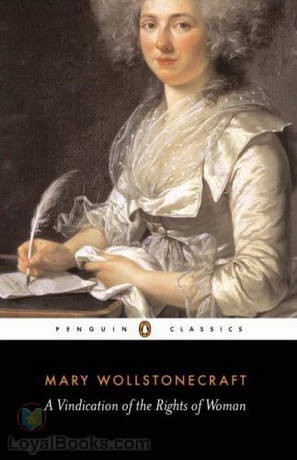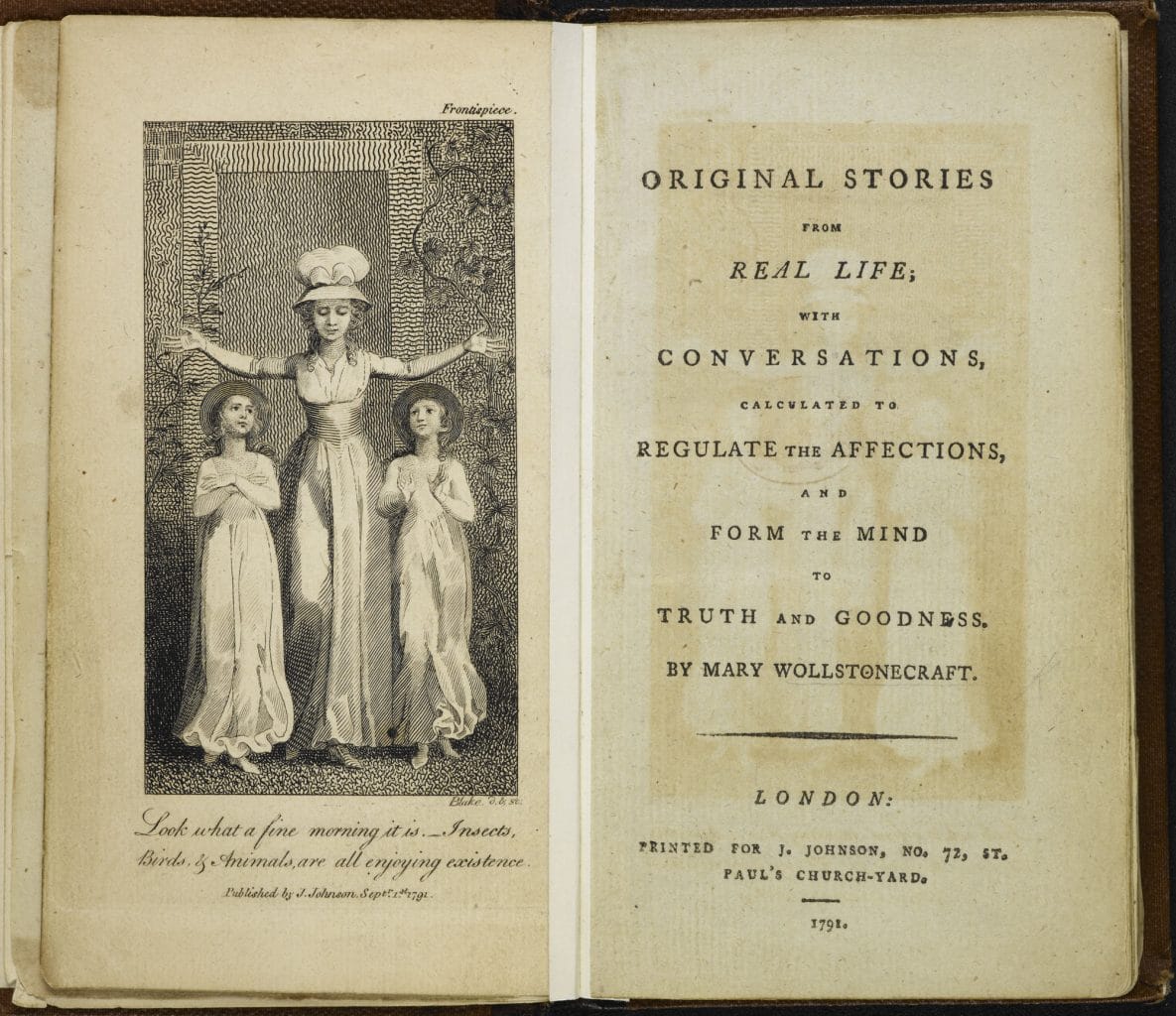
Consequently, the family became financially unstable and they were frequently forced to move during Wollstonecraft's youth. Although her family had a comfortable income when she was a child, her father gradually squandered it on speculative projects.

She was the second of the seven children of Elizabeth Dixon and Edward John Wollstonecraft. Wollstonecraft was born on 27 April 1759 in Spitalfields, London. She died 11 days after giving birth to her second daughter, Mary Shelley, who would become an accomplished writer and the author of Frankenstein.įor a chronological guide, see Timeline of Mary Wollstonecraft. Wollstonecraft died at the age of 38 leaving behind several unfinished manuscripts. However, with the emergence of the feminist movement at the turn of the twentieth century, Wollstonecraft's advocacy of women's equality and critiques of conventional femininity became increasingly important.Īfter two ill-fated affairs, with Henry Fuseli and Gilbert Imlay (by whom she had a daughter, Fanny Imlay), Wollstonecraft married the philosopher William Godwin, one of the forefathers of the anarchist movement. She suggests that both men and women should be treated as rational beings and imagines a social order founded on reason.Īfter Wollstonecraft's death, her widower published a Memoir (1798) of her life, revealing her unorthodox lifestyle, which inadvertently destroyed her reputation for almost a century.

Wollstonecraft is best known for A Vindication of the Rights of Woman (1792), in which she argues that women are not naturally inferior to men but appear to be only because they lack education. Today Wollstonecraft is regarded as one of the founding feminist philosophers, and feminists often cite both her life and her works as important influences.ĭuring her brief career she wrote novels, treatises, a travel narrative, a history of the French Revolution, a conduct book, and a children's book.

Until the late 20th century, Wollstonecraft's life, which encompassed several unconventional personal relationships at the time, received more attention than her writing. Mary Wollstonecraft ( / ˈ w ʊ l s t ən k r æ f t/, also UK: /- k r ɑː f t/ 27 April 1759 – 10 September 1797) was a British writer, philosopher, and advocate of women's rights.


 0 kommentar(er)
0 kommentar(er)
